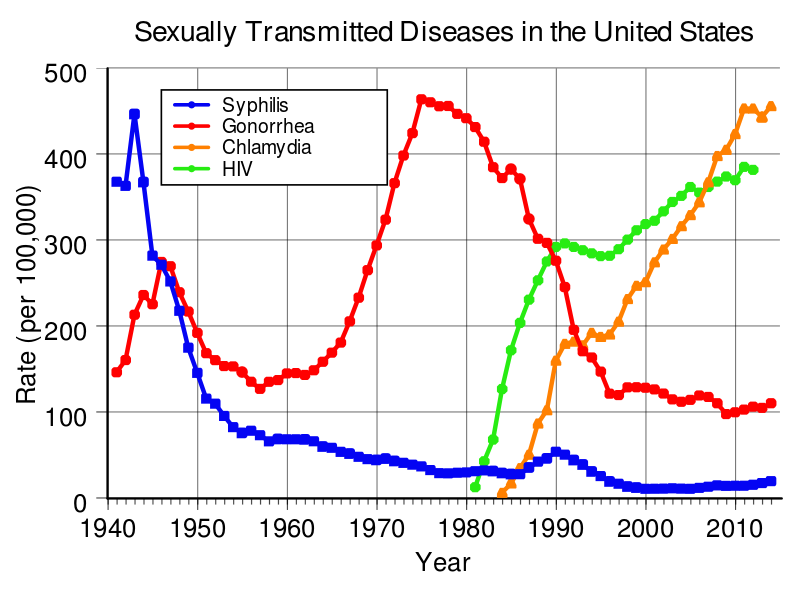WHO Releases Updated Guidelines on STIs Ahead of 2025 Congress

On July 26, 2025, the World Health Organization (WHO) unveiled new guidelines aimed at combating sexually transmitted infections (STIs) as part of its ongoing efforts to enhance public health responses worldwide. This announcement comes ahead of the STI & HIV 2025 World Congress, scheduled to take place in Montreal from July 26 to July 30, 2025. The updated guidelines seek to fortify prevention, screening, diagnosis, and treatment protocols, particularly in resource-limited settings that face high burdens of STIs.
The new recommendations comprise two critical components: the Guidelines for the Management of Asymptomatic STIs and Recommendations on the Delivery of Health Services for STI Prevention and Care. These evidence-based protocols are designed to address the persistent challenges that have hindered effective STI management globally, particularly in regions where healthcare resources are scarce.
According to Dr. Meg Doherty, Director of WHO's Global HIV, Hepatitis and STIs Programmes, “These new recommendations aim to close persistent policy and service gaps, especially for asymptomatic STIs, and help countries move faster toward the 2030 goals.” The guidelines suggest targeted screening for gonorrhea and chlamydia, particularly among vulnerable populations such as pregnant women, adolescents, young people aged 10-24, sex workers, and men who have sex with men (MSM). The recommendations emphasize the necessity of aligning screening practices with individual risk factors and resource availability, proposing at least annual or semi-annual screenings for high-risk groups.
Despite the release of these comprehensive guidelines, WHO's recent data highlights a mixed record of progress in national policy implementation. In 2024-2025, 89% of countries reported having a national STI strategy or action plan; however, only 43% of these plans have been updated since 2023. Moreover, while 97% of countries indicated the existence of national case management guidelines for STIs, only half had revised these documents since 2020. Furthermore, monitoring for gonococcal resistance remains inadequate, with only 37% of countries conducting routine surveillance.
Encouraging developments include the integration of dual HIV/syphilis rapid tests into national policies in 95 countries, with nearly half utilizing these tests for both pregnant women and key populations. Additionally, 72% of reporting countries have implemented national plans to eliminate mother-to-child transmission of HIV and syphilis. As of July 1, 2025, 147 Member States (76%) have included the human papillomavirus (HPV) vaccine in their national immunization schedules, crucial for preventing cervical cancer.
The WHO's findings underscore the urgent need for countries to accelerate updates to their national policies, expand surveillance capacities, and address implementation gaps. The persistence of STIs continues to pose significant public health challenges, necessitating the provision of quality STI prevention and care services. As the global community prepares for the upcoming STI & HIV 2025 World Congress, the focus remains on enhancing strategies to combat these infections and improve health outcomes for all individuals.
The comprehensive guidelines are part of WHO's consolidated framework for STI prevention and care, intended to facilitate better service delivery through decentralized and integrated health services, task-sharing with trained providers, and leveraging digital tools for enhanced care delivery. The ongoing commitment to improving STI management is critical for achieving global health targets and reducing the morbidity and mortality associated with these infections.
Advertisement
Tags
Advertisement





